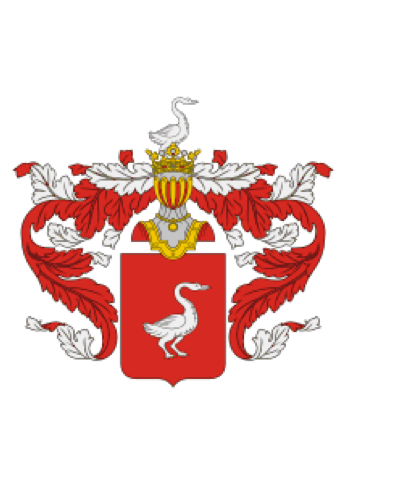About This Website
Non-Fiction writing philosophy and feedback
My writing style & philosophy
I believe in the blend of several writing styles, which serves the same as a wider camera frame for a street photographer: sometimes it is harder to focus and to highlight the main idea, however, with enough practice it allows you to include more complicated arguments, and to illustrate them with enough cases and rationale. There are three approaches I am constantly keeping in mind when creating a piece of non-fiction writing.
MECE Principle
This is a logical update to a rather famous Minto Pyramid Principle widely used in management consulting for solving complex multi-layered tasks. MECEw is built around the idea of logical deconstructing of the case in point and providing the evidence for each of the arguments in a particular order so they are mutually excluded and collectively exhaustive (hence the name). I find this approach useful in writing reviews and criticism (which is already rather eccentric), but also in a more complicated essays and articles, where when used selectively it helps to highlight chosen elements of an argument and to make the overall message more accessible for a wider audience.
For a more thorough introduction to this method I recommend to read The Pyramid Principle: Logic in Writing and Thinking by Barbara Minto.
Additionally, I am working now on an article ‘How I Use MECE Principle in my Essay Writing’, due December 2021.
Academic Research Writing
My main academic writing skills were polished at the University of Edinburgh, and, therefore, are sculpted by the British model of academic writing. In brief, it is different from other forms of constructing ideas in writing by allowing bolder arguments, however solidified with strong theoretical or epistemic evidence; by overly meticulous approach to using terminology; by ensuring the smooth and elegant logical transitions between all of the elements of writing speech — words inside the sentences, sentences inside the paragraphs, and paragraphs inside parts of the whole piece.
Essay method (as introduced by Michelle de Montaigne)
I find the essay method to be the most powerful method I can use in my writing, since it intensifies its emotional strength through adding personal observations and experience. I also consider it widely misinterpreted and underrepresented.
To learn more about the essay method it is highly desired to first familiarise (or, better, read carefully several times) ‘Essais’ by Michele de Montaigne, but there are also several more concise works, which complement the picture:
- The Birth of the Essay: Reading Montaigne and Descartes
- The Essay as a Moral Execrise: Montaigne
- Thought as a Style: Montaigne’s Essays
